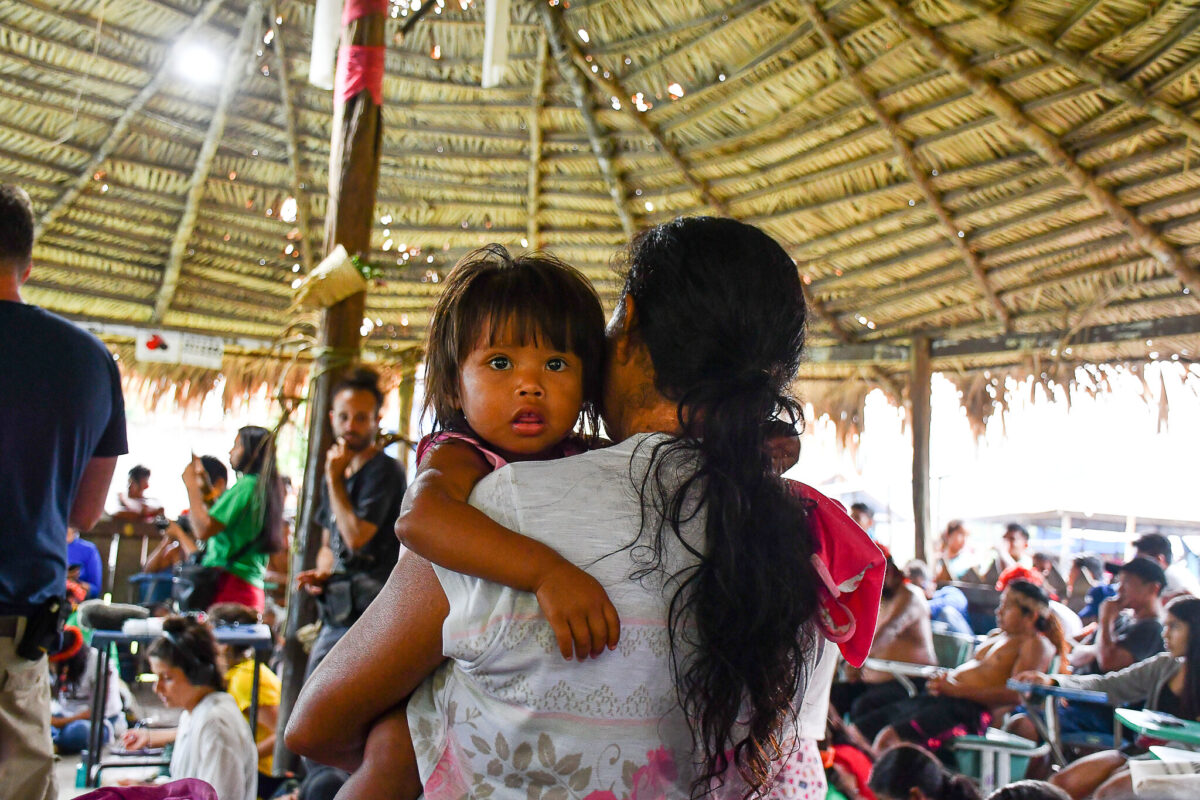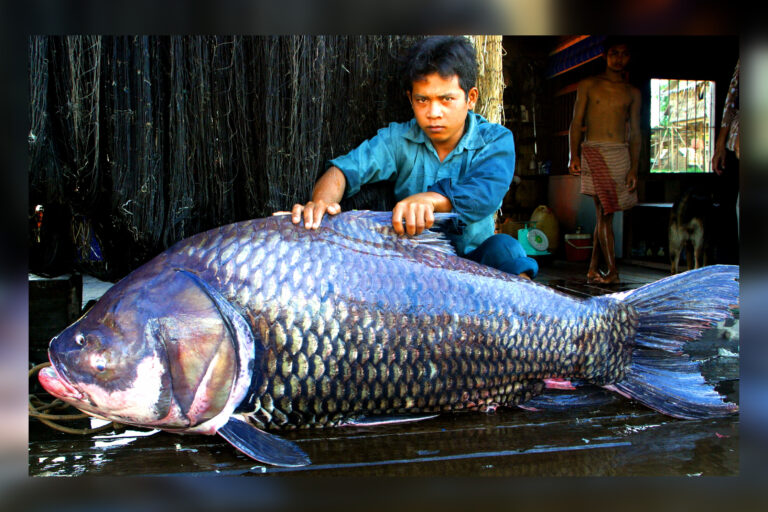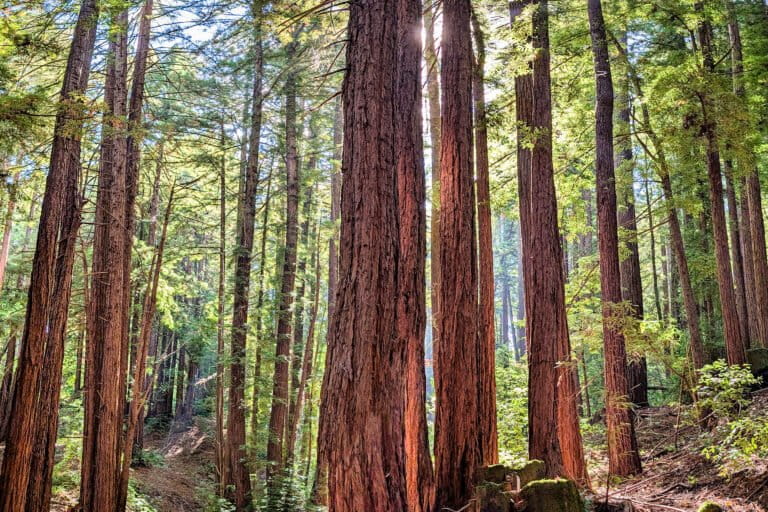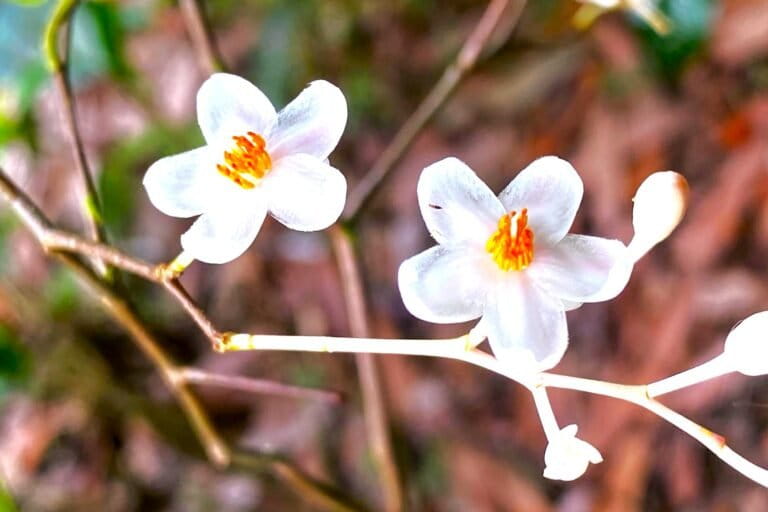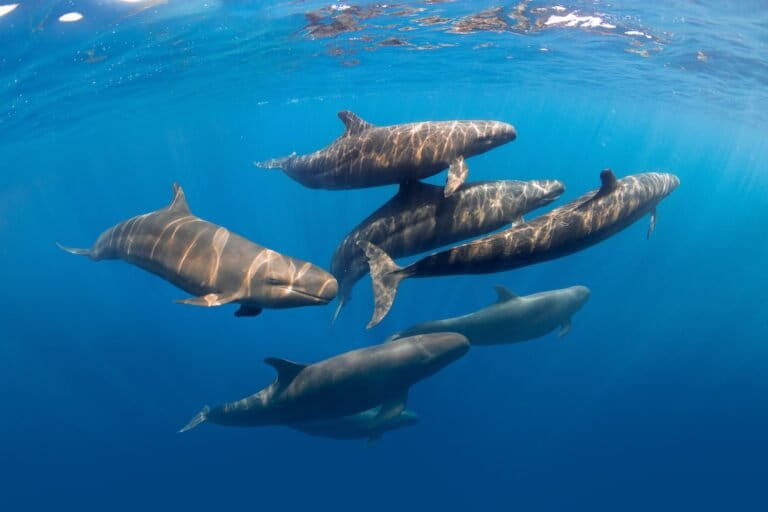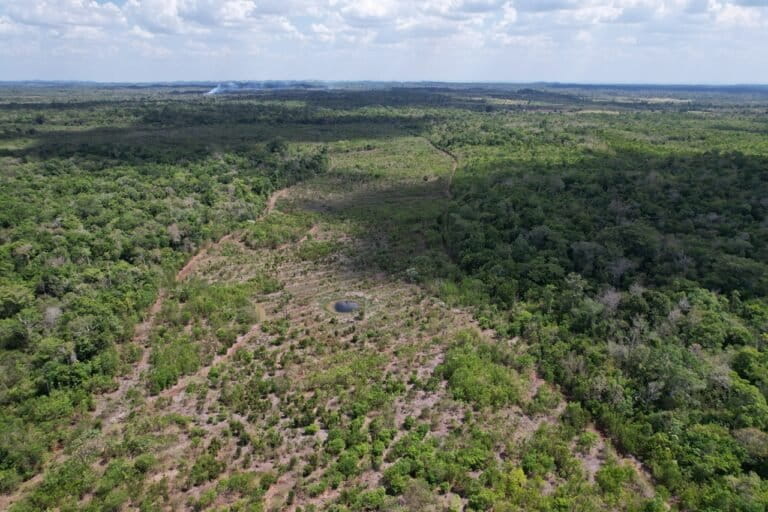British International Investment (BII), the U.K.’s development finance institution and impact investor, recently announced that it will invest up to $35 million in a controversial deepwater port project in the Democratic Republic of Congo (DRC). This project, conservationists have previously warned, could damage Congo’s critical coastal habitats and sea turtle nesting areas.
The Banana port project, in a small town of the same name in Kongo Central province, is slated to be the DRC’s first port capable of handling the largest of goods-carrying container ships. The project is a collaboration between the DRC government and DP World, a Dubai-based logistics and port operations company, and is estimated to cost more than $1 billion. It has also been embroiled in several controversies.
In 2018, the “Banana Port Papers” from PPLAAF (Platform for the Protection of Whistleblowers in Africa) detailed serious allegations of corruption surrounding the initial negotiations between the then DRC government and DP World. These included lack of transparency, and negotiations that would enrich politicians like former president Joseph Kabila.
Conservationists and rangers have also voiced concerns about the project’s potential environmental impacts, including coastal erosion from the port’s construction and impacts on habitats of threatened species. The port is near Mangroves National Park, home to species like the African manatee (Trichechus senegalensis). The area also hosts critical nesting grounds for olive ridley sea turtles (Lepidochelys olivacea).
“It’s terrible that British aid money is being ploughed into a scheme that ultimately will benefit a deeply problematic and very profitable corporation,” Nick Dearden, director of U.K.-based charity Global Justice Now, told Mongabay in an email. DP World and its subsidiary, P&O, have faced allegations of anti-worker practices.
“Unfortunately, it doesn’t surprise me,” Dearden added. “BII’s whole model confuses ‘development’ with big business making profits. Of course, the reality is really different — big business is often highly exploitative, extracting far more profit than the value they add to a country.”
A BII spokesperson told Mongabay that the institution had done its “due diligence on integrity matters, including the allegations levelled in the Banana Port Papers, which BII found to have numerous evidential gaps and flaws.”
They added that in 2017, DP World had conducted an environmental and social impact assessment (ESIA), in accordance with DRC legal requirements, that found “limited direct and indirect impact on flora and fauna.”
“Considering the length of time since this initial study was conducted, DP World has commenced a set of supplementary environmental and social studies with a leading global consultant,” the spokesperson said.
However, Dearden said BII’s investment models need a reassessment.
“DRC is a country which has been bled dry by Western countries and their corporations. Breaking that neo-colonial relationship is what is required, and I’m skeptical that will happen by pouring aid money into the projects of big business,” he said.
Banner image of olive ridley turtle by Brad Flickinger via Wikimedia Commons (CC BY 2.0)




